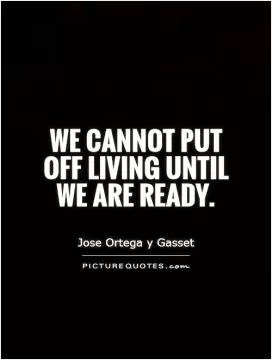Barbarism is the absence of standards to which appeal can be made

Barbarism is the absence of standards to which appeal can be made
In the context of José Ortega y Gasset's philosophy, the statement "Barbarism is the absence of standards to which appeal can be made" holds significant meaning. Ortega y Gasset was a Spanish philosopher who was deeply concerned with the decline of Western civilization and the rise of what he saw as a dangerous trend towards mass society and the loss of individuality. He believed that the absence of standards and values in society would lead to a state of barbarism, where individuals would be guided solely by their own desires and impulses, without any regard for the common good or higher principles.Ortega y Gasset argued that in order to avoid descending into barbarism, society needed to uphold certain standards and values that could serve as a moral compass for individuals. These standards could be found in the traditions, customs, and institutions that had been developed over centuries and that reflected the wisdom and experience of past generations. Without these standards to guide them, individuals would be adrift in a sea of relativism and subjectivism, where anything goes and there are no objective truths or principles to appeal to.
For Ortega y Gasset, the absence of standards was not just a theoretical concern, but a very real danger that he saw playing out in the world around him. He witnessed the rise of totalitarian regimes in Europe, the spread of mass consumerism and materialism, and the erosion of traditional values and beliefs. He believed that these trends were leading society towards a state of barbarism, where individuals were becoming increasingly isolated, alienated, and disconnected from each other and from the higher ideals that had once guided them.












 Friendship Quotes
Friendship Quotes Love Quotes
Love Quotes Life Quotes
Life Quotes Funny Quotes
Funny Quotes Motivational Quotes
Motivational Quotes Inspirational Quotes
Inspirational Quotes